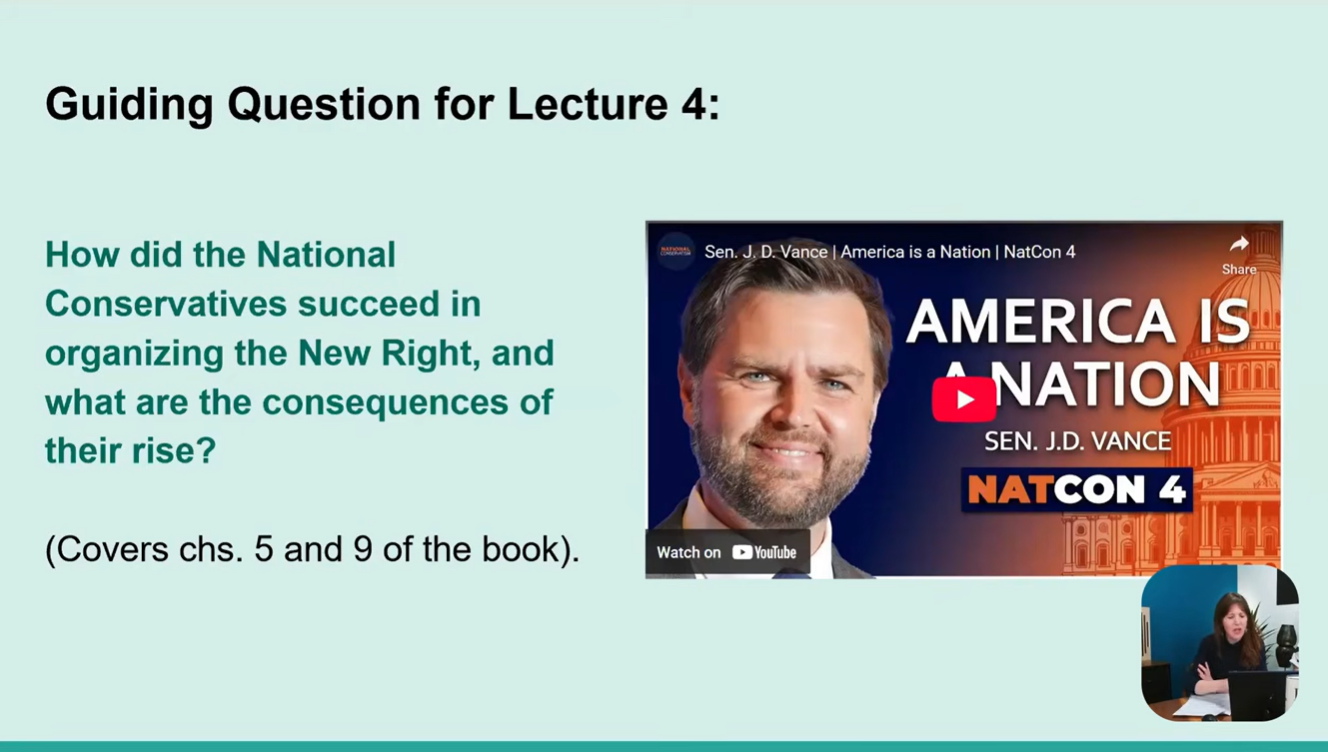The Week That Was: All of Lawfare in One Post
On Wednesday, Oct. 3, the International Court of Justice (ICJ) ordered the U.S. to ease sanctions on Iran in areas related to humanitarian and civilian aid. Quinta Jurecic uploaded the text of the order, and Elena Chachko helped us break down the ICJ’s order and the U.S.’s reaction.
On Wednesday, Oct. 3, the International Court of Justice (ICJ) ordered the U.S. to ease sanctions on Iran in areas related to humanitarian and civilian aid. Quinta Jurecic uploaded the text of the order, and Elena Chachko helped us break down the ICJ’s order and the U.S.’s reaction. John Bellinger evaluated the U.S.’s decision to withdraw from treaties with Iran in reaction to the ICJ’s order.
In other Iran news, Daniel Byman analyzed the likelihood of Israel and Iran going to war in Syria and argued that to prevent direct confrontation, Israel has to take steps to create a more stable deterrence situation in the region. Earlier in the week, J. Dana Stuster posted this week’s edition of the Middle East Ticker, which covered Iraq’s recent elections, Iranian missiles and Turkish-German relations.
This week at the military commissions, an oral argument date was set for Guantanamo Detainee al-Baluchi, and Victoria Clark shared the relevant documents. Furthermore, Sarah Grant posted an update to goings on at the military commissions as hearings were forestalled by the illness of accused al-Qaeda commander Abd al-Hadi al-Iraqi. Matthew Kahn posted the Oct. 1 joint unclassified filings in the Qassim v. Trump case.
The White House released the 2018 National Strategy for Counterterrorism on Oct. 4, marking the first time such strategy has been released since 2011, and Mikhaila Fogel shared the text of the document. Nicholas Weaver analyzed the reauthorization of the Federal Aviation Administration currently pending in Congress that would allow the countering of drone threats.
Robert Chesney and Steve Vladeck posted the latest edition of the National Security Law podcast, covering a variety of topics ranging from Guantanamo detainees to the latest Trumplandia:
In the federal law enforcement arena, Quinta Jurecic posted the special counsel’s office’s appeal brief in Miller v. U.S. The case concerns Andrew Miller’s claim that Mueller’s appointment is unconstitutional under the Appointments Clause. She also shared the affidavit and criminal complaint over last year’s Charlottesville white nationalist rallies. Victoria Clark posted Senator Tim Kaine’s letter to the Pentagon requesting clarification on the legal definition of collective self-defense.
Margarita Konaev and Tanisha Fazal assessed the factors involved in the effectiveness of international humanitarian law in restraining armed groups.
Nele Achten analyzed the German government’s position on international law in cyberspace.
Jen Patja Howell posted an episode of the Lawfare podcast: a conversation with Robert Kagan about his new book, 'The Jungle Grows Back: America and Our Imperiled World':
Another episode of the Lawfare podcast this week featured a conversation between Benjamin Wittes and Anna Salvatore about Salvatore’s role as "High School SCOTUS." The two discussed the Supreme Court, high school, blogging, and building an army to produce legal journalism:
Matthew Kahn flagged the Hoover Institution’s Security by the Book event on Oct. 9 about John Mearsheimer’s "The Great Delusion." You can RSVP here.
David Stanton and Wenqing Zhao offered an overview of U.S.-China developments in the newest Sinotech post. The Trump administration also accused China this week of interfering in American elections, and Rush Doshi and Robert D. Williams analyzed these claims and the way forward for Washington. This topic was also covered in this week’s edition of Rational Security, along with discussion of Facebook’s security breach, and the Trump administration’s performance at the U.N. General Assembly:
China was also accused of a massive hardware supply chain hack at the fabrication level this week, and Herb Lin provided us an analysis of Bloomberg Businessweek’s report of the incident, while Nicholas Weaver broke down the technical implications of the hack.
On Thursday, seven GRU officers were indicted by the U.S. government for hacking and disinformation operations on a wide variety of victims including antidoping agencies and investigators on the Sergei Skripal poisoning case. Mikhaila Fogel shared the indictment, and Megan Reiss analyzed the hacking incident and its implications.
In other Russia news, Stewart Baker posted this week’s edition of the Cyberlaw Podcast, a conversation with Nick Weaver on the outing of a GRU colonel connected to the nerve agent poisonings in the United Kingdom. Baker and Weaver muse over whether or not British intelligence should execute Col. Chepiga:
Benjamin Wittes had a conversation with Kenneth Starr about Bob Mueller and Rod Rosenstein at a Brookings Institution event on the future of the rule of law. He wrote up his thoughts on Starr's remarks and also posted the video an transcript of the exchange here.
Erica D. Borghard discussed the need for banks and the U.S. government to work together to defend the financial sector from cyber threats.
And Robert Chesney flagged a call for applications to UT-Austin’s Strauss Center’s Cybersecurity Tech Bootcamp for Law & Policy Professionals on October 23-24 for law and policy professionals who are interested in cybersecurity and are also seeking greater fluency with the related technical concepts.
And that was the week that was.




